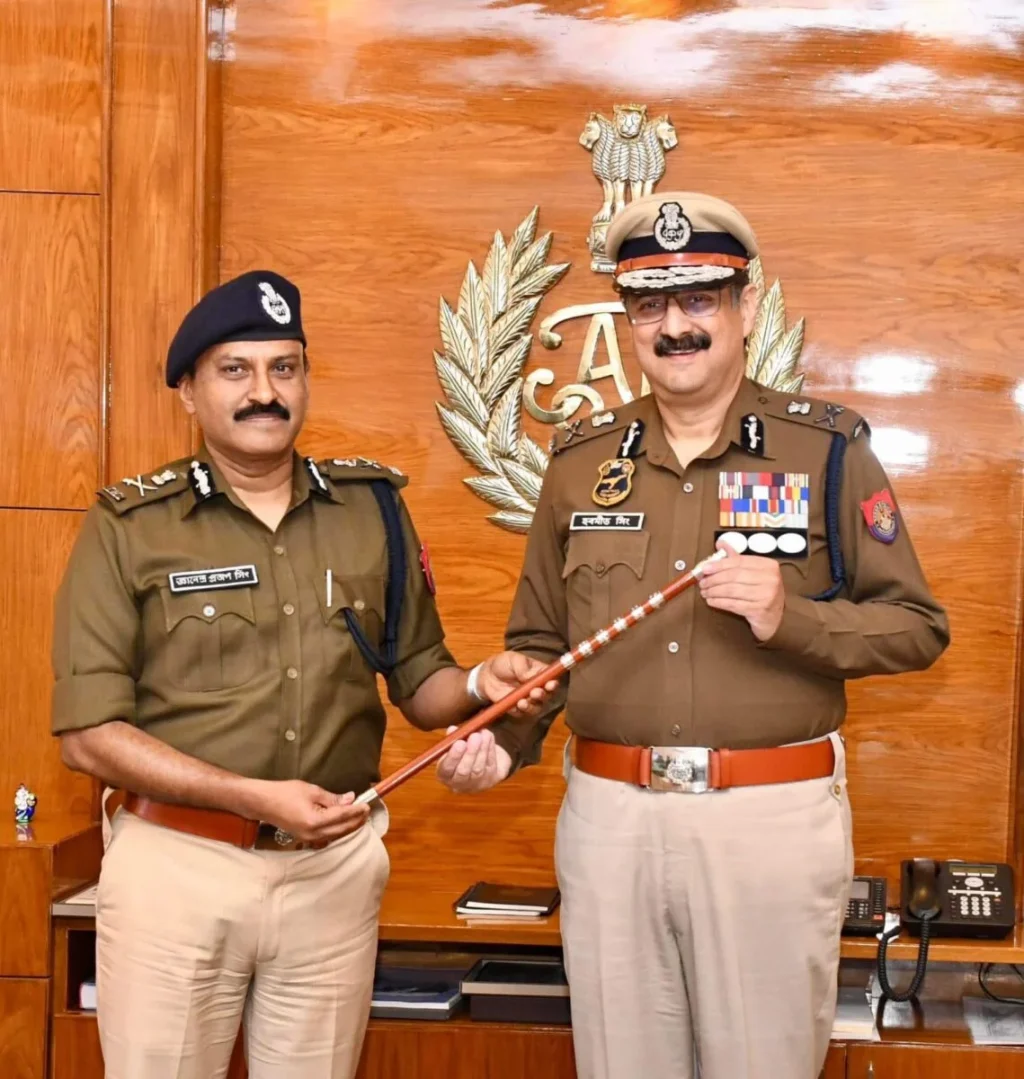SYLLABUS
GS-2: Important aspects of governance.
Context:
Recently, the Union Government has notified a Single Window System for appointing the State Director-General of Police/Head of Police force.
More on the News
- The new policy effective April 22, 2025, comes against the backdrop of several States not following the Supreme Court orders in the Prakash Singh case and the Ministry of Home Affairs guidelines as regards appointment of DGP/HoPF.
- The Single Window System comprises a detailed check-list and standard easy-to-use formats for the States to send proposals enabling a smooth and expeditious process of empanelment by the Union Public Service Commission (UPSC).
Key Features of the Single Window System
Standardised and Time-Bound Procedure: States must follow a detailed checklist and use standardised formats for submitting proposals to the Union Public Service Commission (UPSC), ensuring a transparent and efficient process.
Clear Eligibility Criteria:
- Officers must have a minimum of six months of residual service from the date the DGP post falls vacant.
- Proposals must be sent to the UPSC at least three months in advance of the expected vacancy.
State Accountability and Scrutiny:
- Pointing to major discrepancies in the proposals sent for DGP appointments in the past, the Centre fixed responsibility on the State by asking an officer not below the rank of a Secretary to Government to certify minimum tenure of DGP-rank officers sent for empanelment to the UPSC.
- Proposals with major discrepancies will be returned immediately by the MHA.
- Standard annexures simplify compliance for State Governments.
Director General of Police (DGP)
- The DGP is the highest-ranking police officer in Indian states and union territories.
- Kanchan Chaudhary Bhattacharya was the country’s first woman Director General of Police (DGP). She was appointed the DGP of Uttarakhand in 2004.
Merit-Based Final Selection:
- The UPSC will prepare a panel of three officers from the list of eligible candidates.
- The State Government is required to appoint one officer from this panel.
- The appointed DGP will have a fixed tenure of two years, irrespective of their superannuation date.
Prakash Singh Case (2006)
- Prakash Singh, who served as DGP of UP Police and Assam Police, filed a Public Interest Litigation (PIL) in the Supreme Court in 1996, seeking police reforms.
- In the judgement (2006) the Supreme Court had directed all states and Union Territories to bring in police reforms with the verdict focusing on to fix the tenure and selection of the DGP to avoid situations where officers about to retire in a few months are given the post.

Source:

